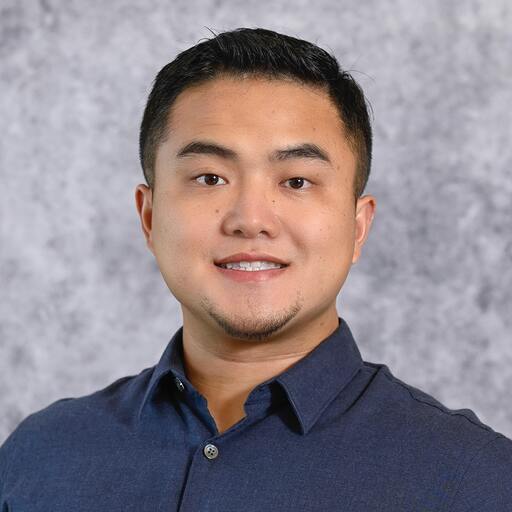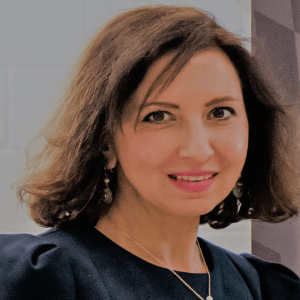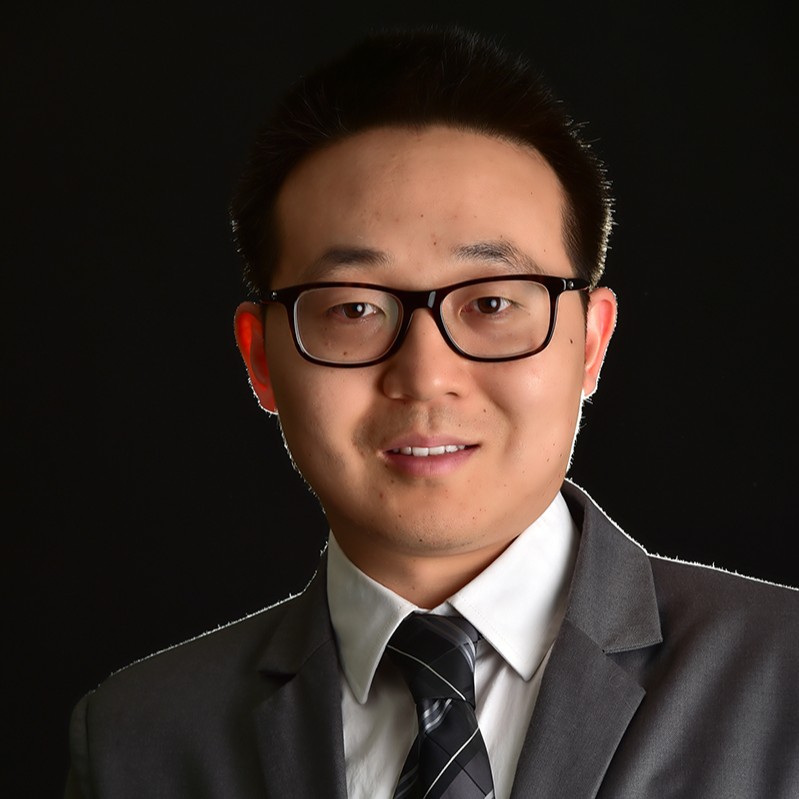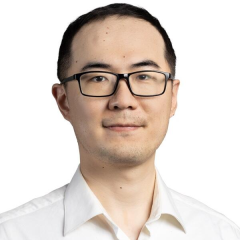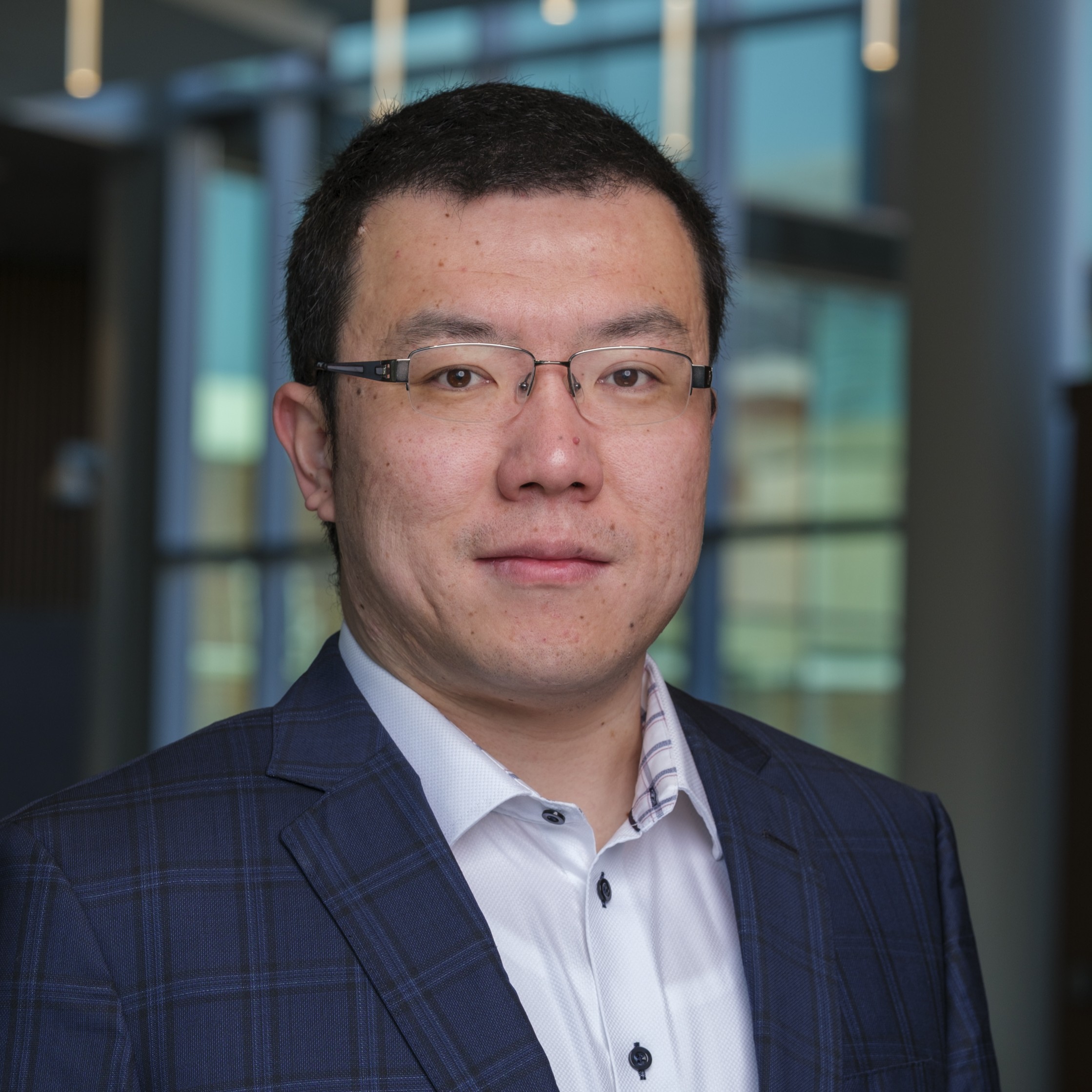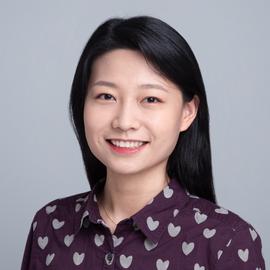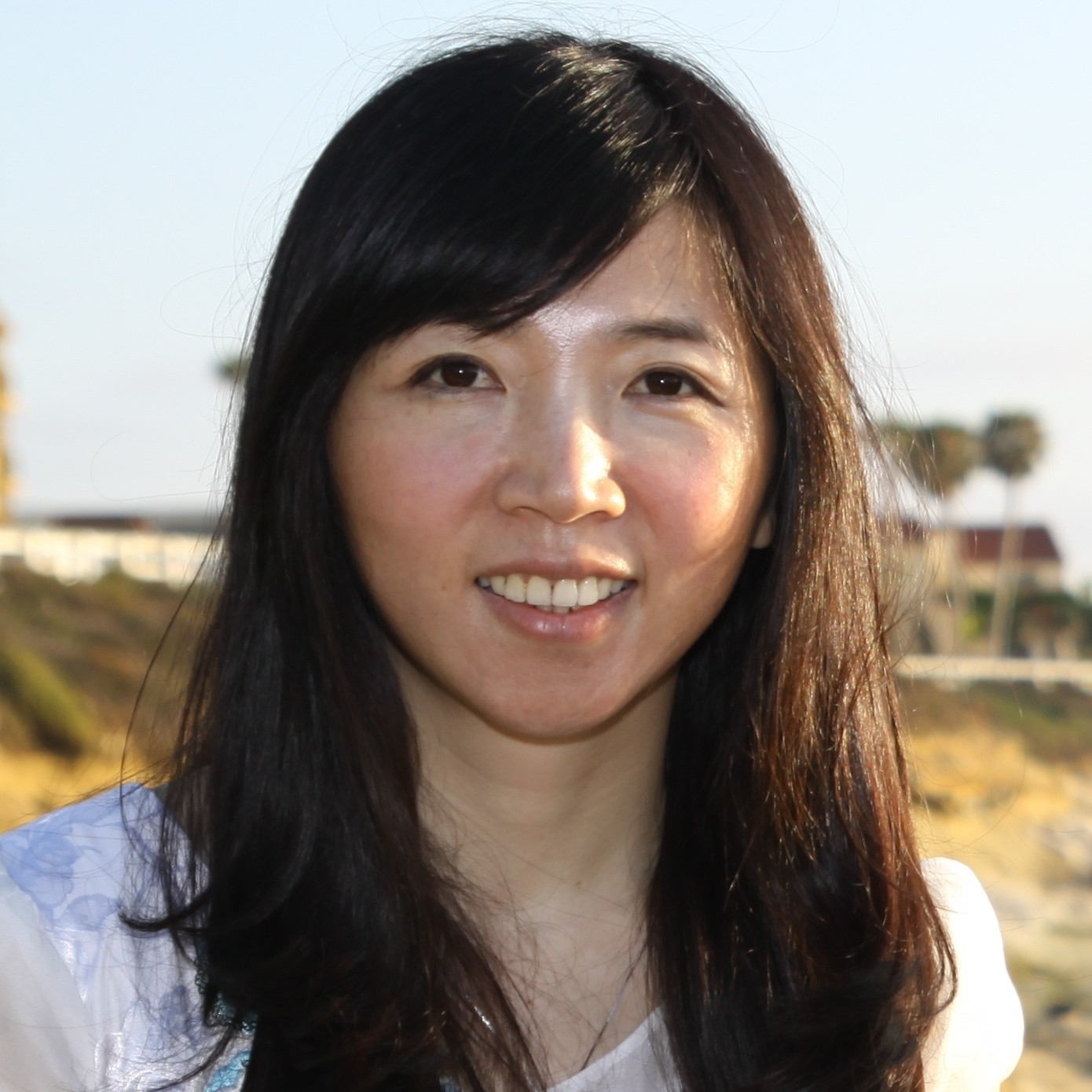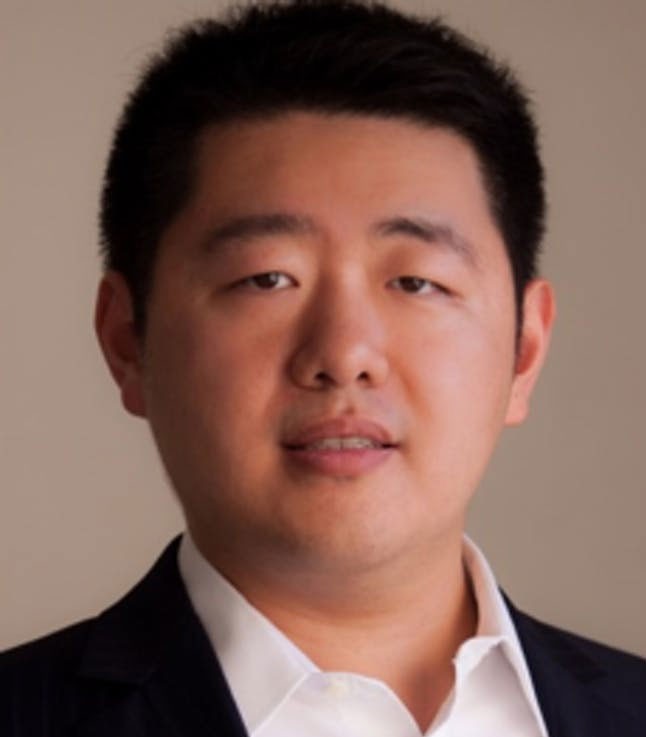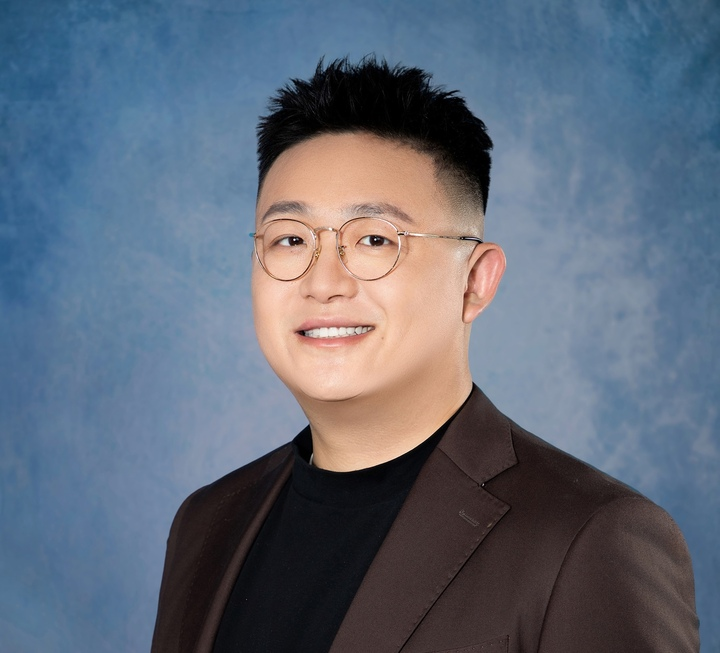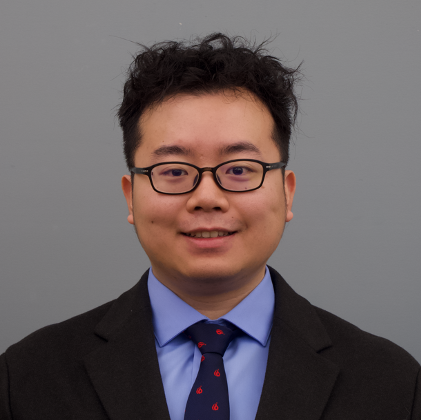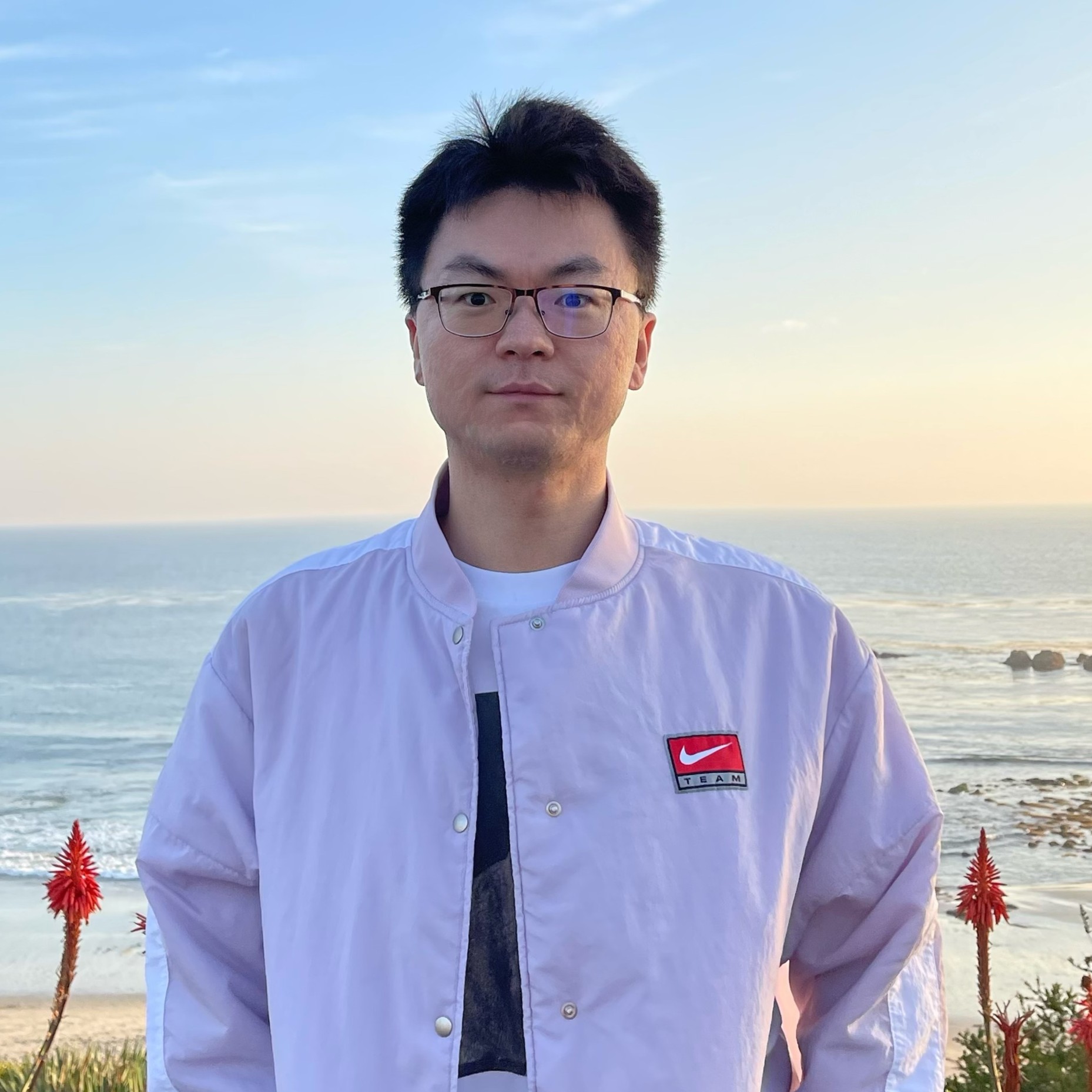Keynote Speakers
Learn from world-renowned experts who are at the forefront of scientific innovation
Note: The speakers are in the order of their last name.
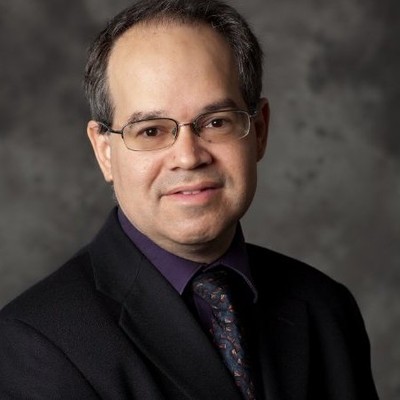
Peter A. Beerel
Professor and Associate Chair of the Computer Engineering Division
University of Southern California, Viterbi School of Engineering
Topic: Efficient and Robust Personalization and Adaptation of Large Models
Download SlidesBio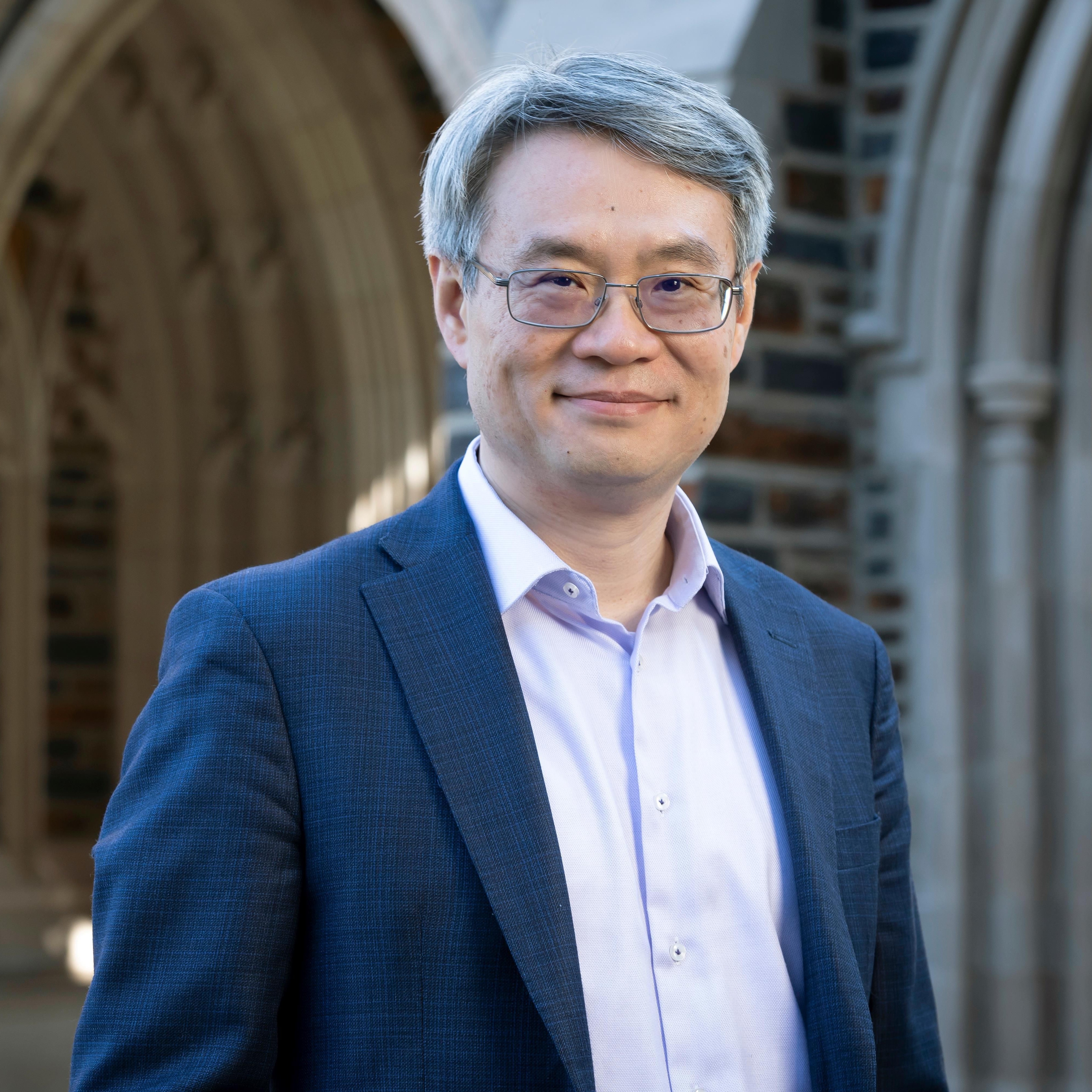
Yiran Chen
John Cocke Distinguished Professor
ECE, Duke University
Topic: Towards Efficient Generative AI - Software/Hardware Co-Design for the Next Generation of Intelligent Systems
Download SlidesBio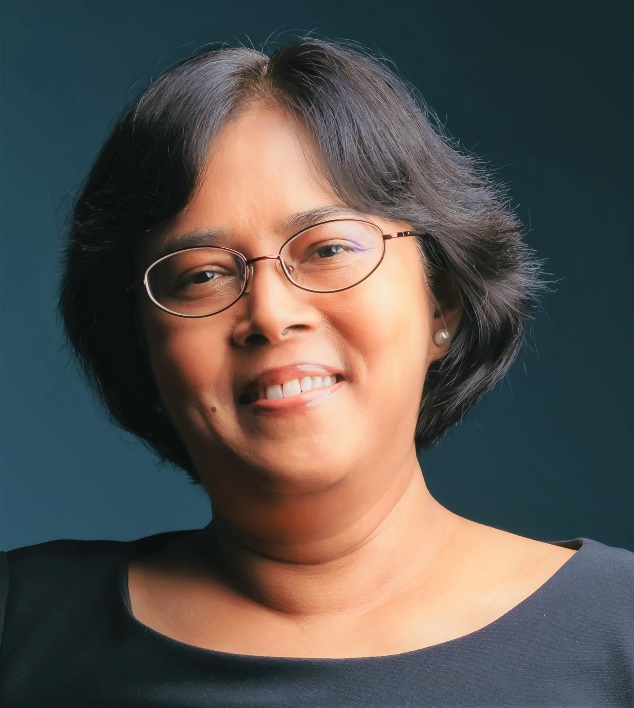
Tulika Mitra
Vice-Provost (Academic Affairs) and Provost's Chair Professor of Computer Science
National University of Singapore
Topic: Adaptive Spatial Accelerators for Sparse LLMs
Download SlidesBio
David Z. Pan
Silicon Laboratories Endowed Chair / Professor
ECE, The University of Texas at Austin
Topic: Closing the Generative AI–Hardware Loop: Photonic Acceleration, Memory-Efficient Training, and AI-Driven IC Design
Download SlidesBio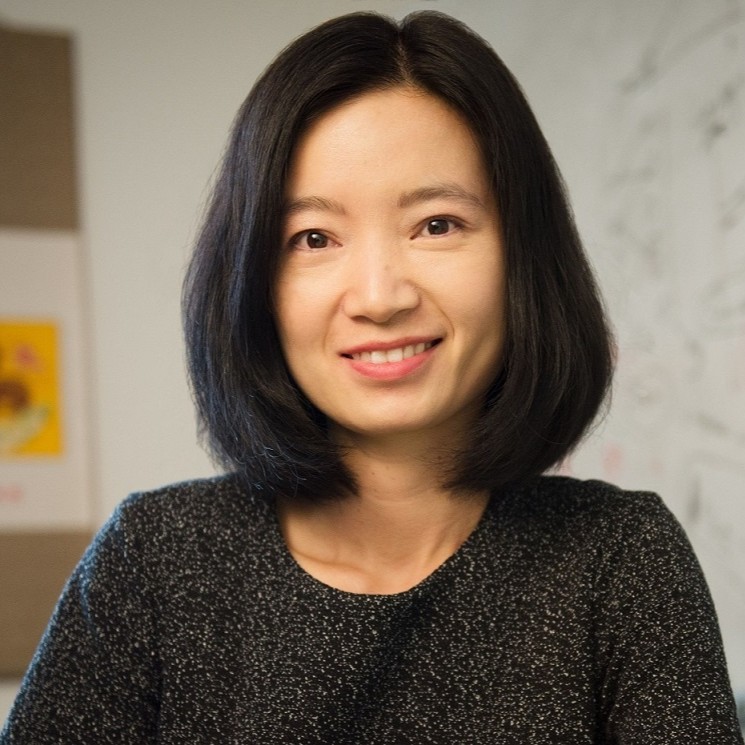
Yizhou Sun
Professor at Computer Science Department
University of California, Los Angeles
Topic: Energy-Efficient LLM Inference
BioAdditional speakers will be announced soon. Check back for updates.
